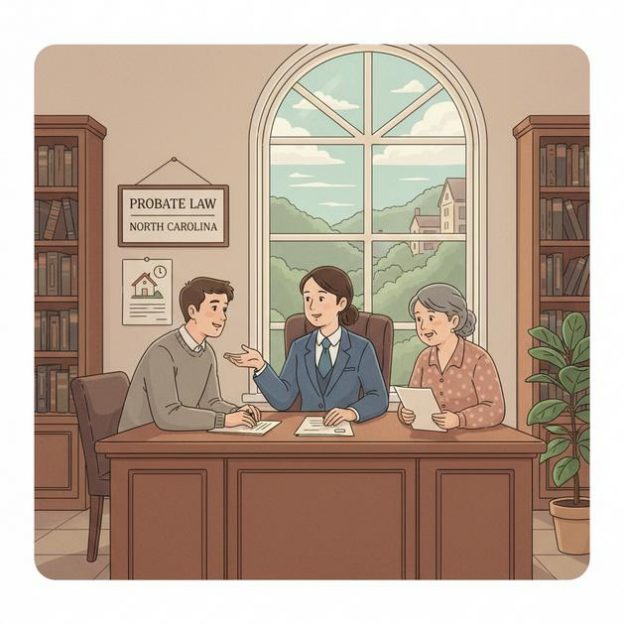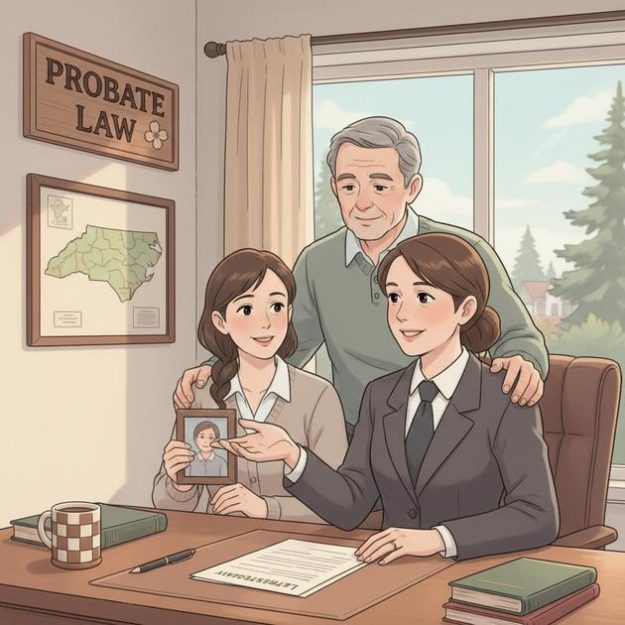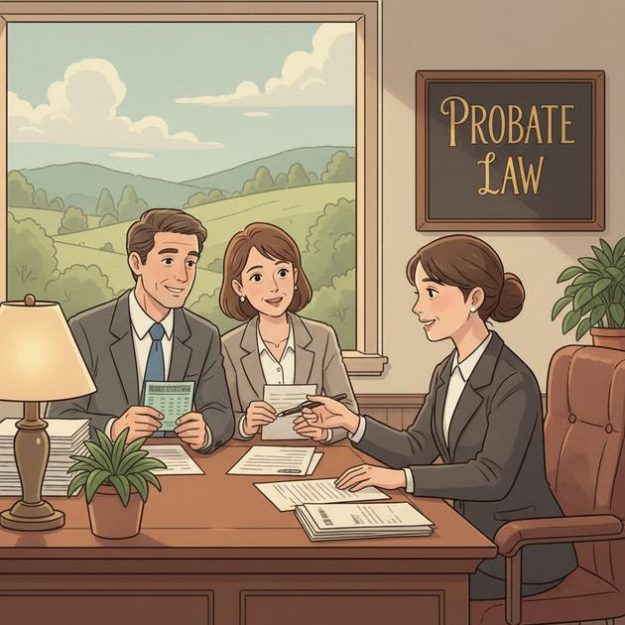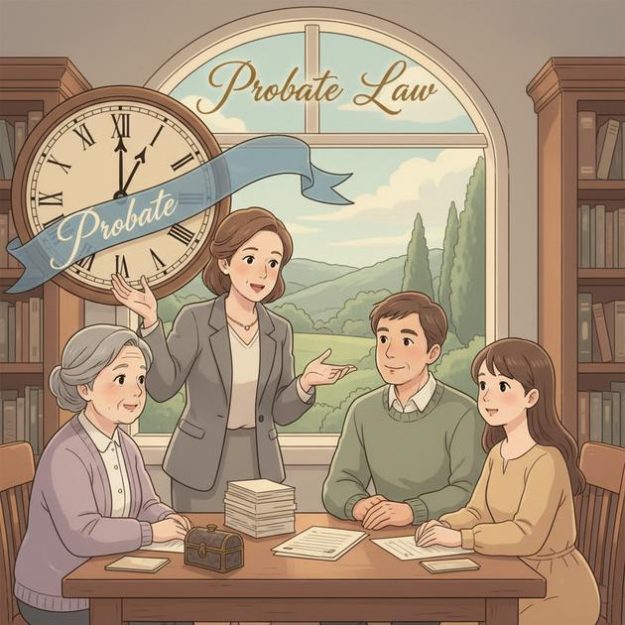How fast can estate sale proceeds be released to me after closing, and can I request a wire instead of a check to meet a rental deadline? NC
How fast can estate sale proceeds be released to me after closing, and can I request a wire instead of a check to meet a rental deadline? – North Carolina Short Answer In North Carolina, estate sale proceeds usually cannot be distributed immediately after a real estate closing because the personal representative often must wait…











